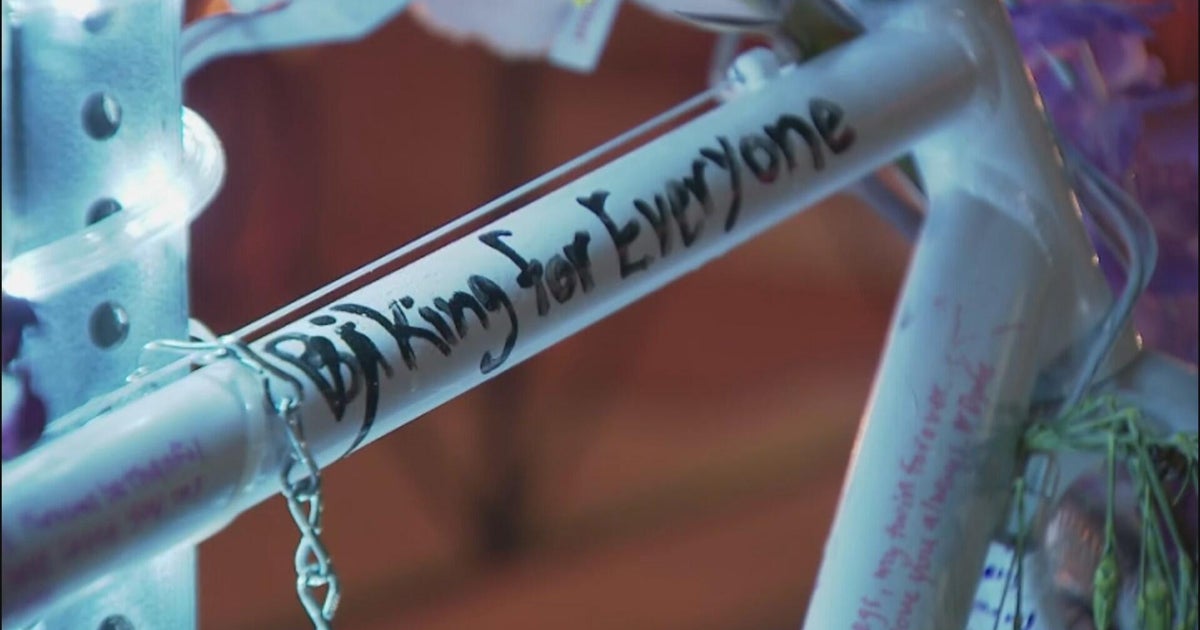Lying Is A Way Of Life, Experts Say, And Is Detectable
FORT WORTH (CBSDFW.COM) – When was the last time someone lied to you?
Experts think it happens to each of us as many as 200 times a day. In fact, it's become a part of human nature, and is something we learn how to do at a very early age.
Believe it or not, we learn to lie as early as 6-months old when we figure out that crying will elicit a response from our parents. Our ability to lie only grows from there, but our ability to spot it doesn't.
Our history is littered with liars –– from former President Bill Clinton's statements about Monica Lewinsky, to former Sen. John Edwards's false admission that he was not the father of Riele Hunter's baby.
Janine Driver says those lies should've never fooled anyone.
Driver is described as a human lie detector. She's a retired ATF agent, and now teaches body language and deception detection. She's trained thousands of police, CIA, FBI, and others how to detect deception.
"Is it almost an essential part of our communication?," Allen asked.
"I think it is," Driver said. "I think we will always have a level of lying."
In order to detect deception, Driver says "baseline" knowledge of the person with whom you're speaking is essential. In other words, figure out how this person normally acts in a truthful conversation.
"When that baseline changes, I call it a 'hotspot', and that's really where deception falls into play," she said.
Hidden in our faces are what's called micro-expressions. They're short expressions revealed in 1/15th of a second.
It may be a quick smile, a quick look of surprise, anger or fear. If you can spot these micro-expressions, Driver says you're well on your way to detecting deception.
But it's much more than subtle facial movements.
"The power of our words is actually more powerful than body language with detecting deception," she explained.
Again, learn to read a person's body language in a truthful situation. When you suspect someone could be lying, begin reading their body language.
Has it changed from the baseline?
"When you really step back and pay attention to the words people are using, and the non-verbals and say is this normal," Driver said. "If it's not, it doesn't mean they're lying, it means there's something they're not telling you."
"I think that we're all Mentalists essentially," she said. "We all have that ability to spot it. Just start paying attention. Do you have a bad gut feeling? If you do, there's probably more to the story there."
When you suspect someone is being deceptive, Driver says you don't want to get confrontational. That's your cue, though, to ask some more direct questions to hopefully lead you to the truth.







